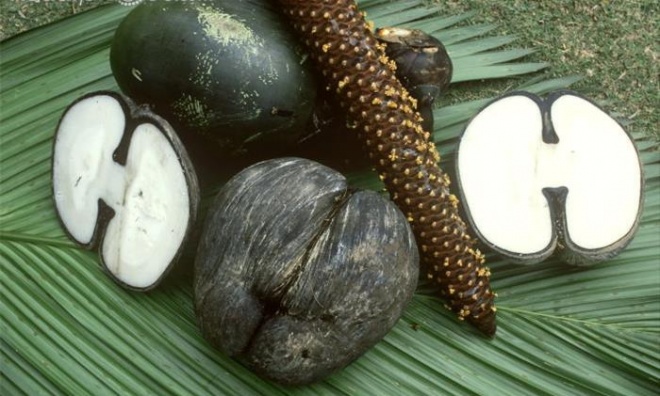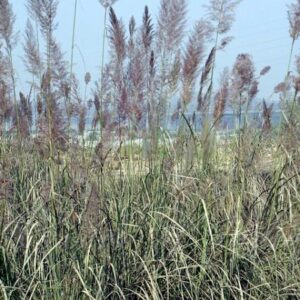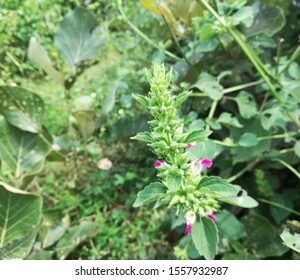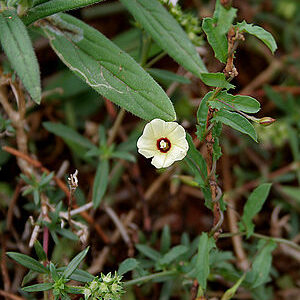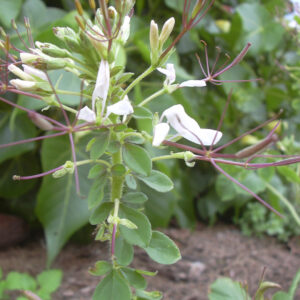Description
DOUBLE COCONUT ( LODOICEA MALDIVICA)
Coco de mer fruits, among the largest known, take about 10 years to ripen; they have a fleshy and fibrous envelope surrounding a hard, nutlike portion that is generally two-lobed, suggesting a double coconut. The contents of the nut are edible but are not commercially valuable.
The edible endosperm of Lodoicea maldivica with the common name of coco de mer is used in Chinese medicine for treating cough. Native to Seychelles, Lodoicea maldivica seeds have commanded high prices for centuries due to its scarcity.
The species is grown as an ornamental tree in many areas in the tropics. The fruit is used in Siddha medicine, Ayurvedhic medicine and also in traditional Chinese medicine. In food, it is typically found as flavor enhancers for soups in southern Chinese cuisine, such as that of Guangdong province. The seeds of Lodoicea have been highly prized over the centuries; their rarity caused great interest and high prices in royal courts, and the tough outer seed coat has been used to make bowls such as for Sufi/Dervish beggar-alms kashkul bowls and other instruments.
